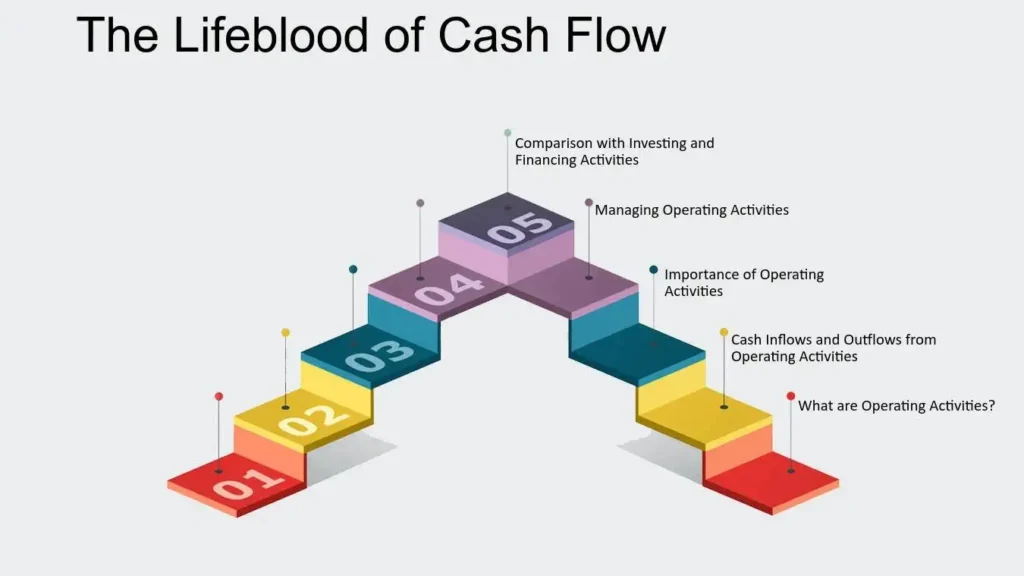Physical Address
304 North Cardinal St.
Dorchester Center, MA 02124
Physical Address
304 North Cardinal St.
Dorchester Center, MA 02124
Ready to take control of your finances? In this beginner’s guide, we cover essential strategies for managing your money, including budgeting, saving, investing, and debt management. Start building a secure financial future today.

Master Personal Finance 101: A Beginner’s Guide to Easily Managing Your Money
Hey, future millionaires! A financial metamorphosis is coming up in your life soon as you are going to take this step toward managing your money effectively. Winning a lottery or a dozen of them to be a millionaire is not what I mean here. What I am talking about is learning the fundamental aspects of personal finance management – the very aspect that differentiates wealth from the poverty line.

Wealthy people understand that there is no cash as important as cash flow. This is more about controlling what you have rather than what you earn. Here’s your wake-up notice:
Pardon the terminology, but poor people usually work for money. Wealthy people work to make money globally through investments in structures.
You went to school to learn how to earn a degree, but did school ever prepare you to deal with cash? Of course not. This calls for an improvement in one’s financial intelligence:
The most valuable thing you possess is your mind. The more you know, the more you make.
Here’s a question for you: What do you think is the most pronounced difference between poor people and rich people? No, it is not the finances. It is rather the enveloping concept. It is time to espouse the rich thinking as follows:
Those who are broke include the words “I cannot afford it” in their vocabulary, while the wealthy reframe the contextualization of such a situation to, “How do I afford it?”
There is more than meets the eye when it comes to budgets and financial planning. A budget is, in fact, instead of a restriction on how much you can spend, a strategy on the path to financial success. Here’s how you can achieve success:
A budget is telling your money where to go instead of wondering where it went.
Saving isn’t about pinching pennies – it’s about creating opportunities. Focus on:
The rich don’t save to save; they save to invest.
Your money should be working 24/7, even when you’re sleeping. Key concepts:
Remember, the poor work for money. The rich have money work for them.
Not all debt is created equal. There’s good debt and bad debt:
Use debt as a tool, not a crutch. The rich use debt to leverage investments. The poor use debt to buy things they can’t afford.
Building wealth is important, but protecting it is crucial:
The rich don’t just make money – they know how to keep it.
Without a destination, any road will take you there. Set SMART financial goals:
Example: “I will generate $5,000 monthly passive income from real estate investments within 5 years.”
You can’t build an empire alone. Surround yourself with experts:
The rich have a team. The poor go at it alone.
Listen, I’m not here to sugarcoat things. Mastering your money isn’t easy – if it was, everyone would be rich. But it’s worth it. These components of personal finance aren’t just theories; they’re battle-tested strategies used by the wealthy.
Start today. Pick one area and commit to mastering it. Then move to the next. Before you know it, you’ll be thinking, acting, and growing rich.
Remember, your financial future is in your hands. The question is: are you ready to take control? What’s your first step towards financial mastery? Share in the comments – let’s start a revolution in personal finance, one mind at a time!
P.S. Want to dive deeper into these strategies? Check out our other articles on Batewise. We’re here to guide you on your journey from the rat race to financial freedom. Let’s get rich together!
Knowing these vital aspects of personal finance is the starting point in achieving fiscal independence. Do not, however, forget that being proficient with one’s money is a process, not an end. Roadblocks will be encountered by all, but through determination and the correct information, success shall be attained.
Eager to manage your expenses? Begin with one component, and exercise focus on it. Remember, we’ll also guide you through the entire process. Read our other posts for more comprehensive coverage on each of these components, and feel free to contact us with any inquiries.
The outcome of your finances is entirely yours. But make sure it is well articulated!
Which part of personal finance would you like to start with? Let us know in the comments section below, and let’s discuss your financial journey.
When planning for the future, think about purchasing power. It helps ensure your money grows in a changing world. This is true for both personal and business finances.